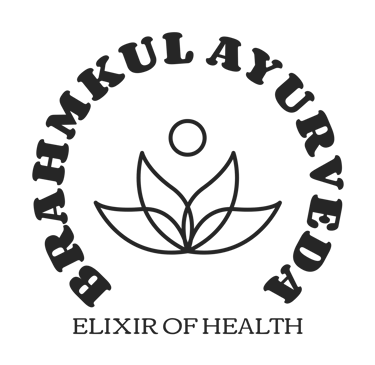Supercharge Your Diet
Tips for Enhancing Nutrient Absorption


Getting the most nutrition out of your food involves several factors, including the types of foods you choose, how you prepare them, and your overall eating habits. Here are some tips to help you maximize the nutrition you get from your food:
Eat a Variety of Foods:
A diverse diet ensures that you receive a wide range of nutrients. Incorporate fruits, vegetables, whole grains, lean proteins, and healthy fats into your meals.
Choose Whole Foods:
Whole foods like fruits, vegetables, whole grains, contain more nutrients than heavily processed foods. Opt for foods in their natural state whenever possible.
Prioritize Fresh Produce:
Fresh fruits and vegetables often contain higher nutrient levels than canned or frozen versions. However, frozen fruits and vegetables can be a convenient and nutritious option.
Cook with Minimal Heat:
Overcooking can destroy some nutrients. Steaming, sautéing, and microwaving are cooking methods that tend to preserve more nutrients compared to boiling or deep frying.
Keep the Skin On:
When appropriate, leave the skin on fruits and vegetables, such as potatoes and apples. The skin often contains additional nutrients and fiber.
Store Food Properly:
Store fruits and vegetables in a cool, dark place, and consume them before they spoil to retain maximum freshness and nutrients.
Practice Healthy Food Pairings:
Some nutrients are better absorbed when paired with others. For example, vitamin C enhances the absorption of iron from plant-based sources. Combining foods strategically can optimize nutrient absorption.
Don't Skip Breakfast:
Starting your day with a balanced breakfast can provide essential nutrients and set a positive tone for your overall nutrition.
Stay Hydrated:
Proper hydration is crucial for nutrient absorption and overall health. Drink enough water throughout the day.
Monitor Portion Sizes:
Overeating, even with healthy foods, can lead to excess calorie intake. Be mindful of portion sizes to maintain a balanced diet.
Avoid Excessive Sugar and Salt:
Limit your intake of added sugars and sodium. High levels of these can have negative health effects and may displace more nutritious foods in your diet.
Consider Supplements:
If you have specific dietary restrictions, medical conditions, or dietary deficiencies, consult a healthcare professional to determine if supplements are necessary.
Practice Mindful Eating:
Pay attention to your body's hunger and fullness cues. Eating mindfully can help you avoid overeating and make better food choices.
Plan Balanced Meals:
Aim to include a mix of macronutrients (carbohydrates, proteins, and fats) in your meals to ensure a well-rounded diet.
Remember that individual nutritional needs vary based on factors like age, gender, activity level, and health status. Consulting with a registered dietitian or healthcare provider can help you create a personalized nutrition plan tailored to your specific needs and goals.

